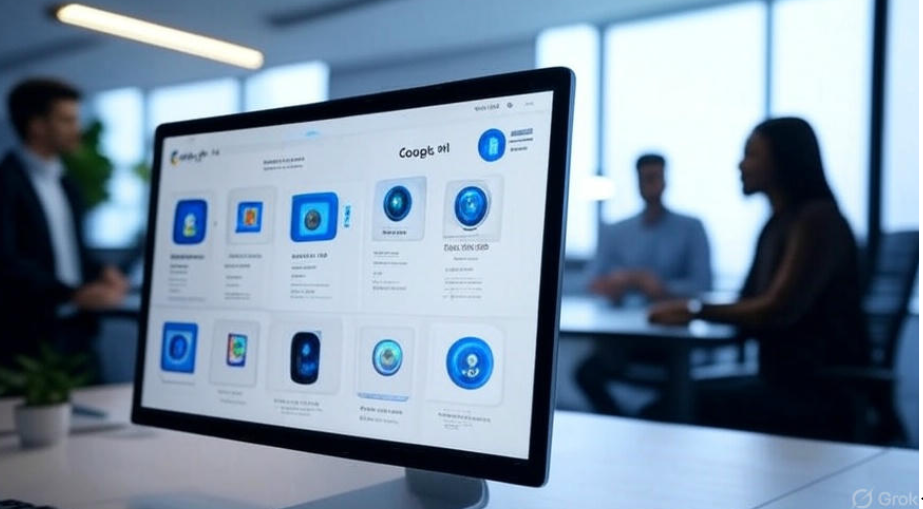Introduction
In August 2021, OpenAI introduced Codex, a groundbreaking AI model that has redefined the boundaries of code generation and automation. Built as a descendant of OpenAI’s GPT-3, Codex is a powerful language model fine-tuned to understand and generate human-like code in multiple programming languages. This blog post dives deep into what Codex is, how it works, its potential applications, and the transformative impact it could have on software development and beyond.
What is Codex?
Codex is an AI model developed by OpenAI, designed specifically to interpret and generate code. It is a specialized version of GPT-3, trained on a vast corpus of publicly available code from repositories, documentation, and other sources. Unlike traditional programming tools, Codex can understand natural language prompts and translate them into functional code, making it accessible to both seasoned developers and non-programmers.
Key Features of Codex
- Multilingual Coding: Codex supports a wide range of programming languages, including Python, JavaScript, Java, C++, Ruby, and more.
- Natural Language Understanding: It can interpret plain English instructions and convert them into executable code. For example, a prompt like “create a Python function to calculate the factorial of a number” results in accurate, working code.
- Context Awareness: Codex can understand the context of a project, enabling it to generate code that aligns with existing codebases or specific requirements.
- Autocompletion and Debugging: It powers tools like GitHub’s Copilot, offering real-time code suggestions, autocompletion, and even debugging assistance.
How Does Codex Work?
At its core, Codex leverages the transformer architecture, the same technology behind GPT-3. It was trained on a diverse dataset that includes open-source code repositories, tutorials, and documentation. This training enables Codex to predict the most likely code sequences based on a given prompt, whether it’s a natural language description or a snippet of code.
The Workflow
- Input Prompt: The user provides a prompt, such as “Write a JavaScript function to fetch data from an API.”
- Processing: Codex analyzes the prompt, drawing on its training to understand the intent and context.
- Code Generation: It generates syntactically correct and functionally accurate code, often with comments or explanations.
- Iteration: Users can refine the output by tweaking the prompt or providing additional context, allowing for iterative development.
Example
Suppose you input: “Create a Python script to draw a star using Turtle graphics.” Codex might produce:
import turtle
def draw_star(size):
t = turtle.Turtle()
t.speed(5)
for _ in range(5):
t.forward(size)
t.right(144)
turtle.done()
draw_star(100)
This demonstrates Codex’s ability to not only generate code but also ensure it is practical and executable.
Applications of Codex
Codex’s versatility makes it a game-changer across various domains. Here are some of its most exciting applications:
1. Accelerating Software Development
Codex can significantly speed up coding by automating repetitive tasks, generating boilerplate code, and suggesting optimizations. Tools like GitHub Copilot, powered by Codex, act as a virtual pair programmer, reducing development time and effort.
2. Democratizing Programming
By allowing non-programmers to write code using natural language, Codex lowers the barrier to entry for software development. Educators, hobbyists, and professionals from non-technical fields can create applications, automate tasks, or prototype ideas without learning to code.
3. Education and Learning
Codex is a valuable tool for teaching programming. It can generate examples, explain code in plain English, and provide instant feedback, making it an interactive tutor for students.
4. Prototyping and Innovation
Startups and innovators can use Codex to quickly prototype ideas, test algorithms, or build minimum viable products (MVPs) without investing heavily in development resources.
5. Automating Workflows
From writing scripts to automate data processing to generating HTML/CSS for websites, Codex can streamline workflows in industries like data science, web development, and IT.
Codex in Action: GitHub Copilot
One of the most prominent implementations of Codex is GitHub Copilot, a code autocompletion tool launched in collaboration with OpenAI. Copilot integrates seamlessly into code editors like Visual Studio Code, offering real-time suggestions as developers type. It can:
- Suggest entire functions or classes based on a few lines of code.
- Autocomplete repetitive patterns, such as loops or API calls.
- Provide alternative implementations for a given task.
- Translate comments into code, bridging the gap between intent and execution.
Since its launch, Copilot has been adopted by millions of developers, showcasing Codex’s ability to enhance productivity and creativity in real-world coding scenarios.
Benefits of Codex
- Increased Productivity: Developers can focus on high-level design and problem-solving while Codex handles routine coding tasks.
- Accessibility: Non-coders can participate in software creation, fostering inclusivity.
- Error Reduction: Codex generates syntactically correct code, minimizing common errors.
- Scalability: It can handle projects of varying complexity, from simple scripts to full-fledged applications.
Ethical Considerations
While Codex is a remarkable tool, it comes with challenges and ethical questions that warrant discussion:
1. Code Quality and Security
Codex may generate code that works but isn’t optimized or secure. For instance, it might produce code vulnerable to injection attacks if not guided properly. Developers must review and test Codex’s output thoroughly.
2. Bias in Training Data
Since Codex was trained on public code repositories, it may inadvertently replicate biases, outdated practices, or even copyrighted code. OpenAI has acknowledged this and is working to mitigate such issues.
3. Dependence on AI
Over-reliance on Codex or tools like Copilot could lead to a decline in fundamental coding skills among developers, raising concerns about long-term competency.
4. Ethical Use
The ability to generate code quickly could be misused, such as creating malicious software or automating harmful tasks. Responsible use and oversight are critical.
5. Intellectual Property
Codex’s outputs may resemble existing code, raising questions about ownership and licensing. OpenAI and GitHub have faced scrutiny over whether Copilot’s suggestions infringe on open-source licenses.
The Future of Codex and AI-Driven Development
Codex represents a significant step toward AI-driven software development, but it’s just the beginning. As AI models evolve, we can expect:
- Improved Accuracy: Future iterations of Codex will likely generate more secure, optimized, and contextually relevant code.
- Integration with DevOps: Codex could integrate with CI/CD pipelines, testing frameworks, and cloud platforms to streamline the entire development lifecycle.
- Personalized Coding Assistants: AI models may adapt to individual developers’ coding styles, preferences, and project needs.
- Broader Accessibility: As natural language processing improves, Codex-like tools could support more languages and dialects, making programming truly global.
Insights
OpenAI’s Codex is a revolutionary tool that bridges the gap between human intent and machine execution. By enabling anyone to write code through natural language, it democratizes programming and accelerates innovation. However, its adoption must be accompanied by careful consideration of ethical, security, and quality concerns.
Whether you’re a developer looking to boost productivity, an educator teaching the next generation of coders, or a non-technical innovator with a big idea, Codex offers a glimpse into the future of software creation. As AI continues to evolve, tools like Codex will undoubtedly shape the way we build, create, and interact with technology.
Call to Action
Have you tried Codex or GitHub Copilot? Share your experiences in the comments below! If you’re new to AI-driven coding, explore Codex through OpenAI’s API or sign up for GitHub Copilot to see its magic in action.
This blog post was inspired by OpenAI’s announcement of Codex on August 10, 2021. For more details, visit OpenAI’s official Codex page.



